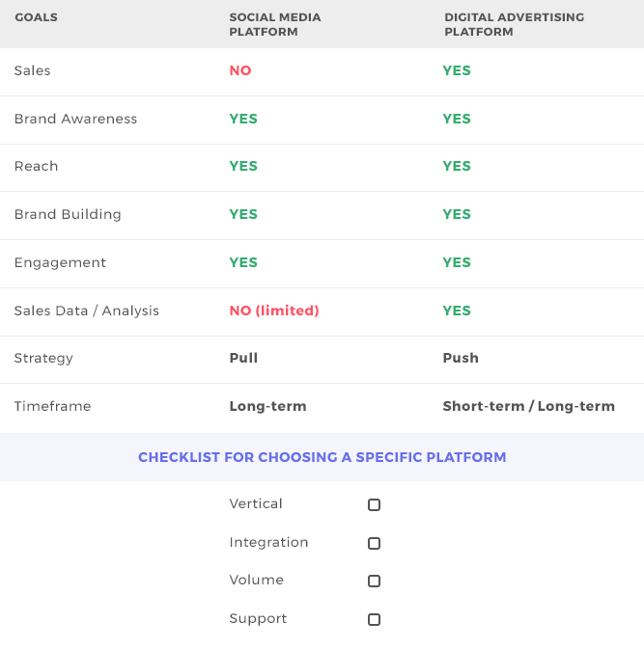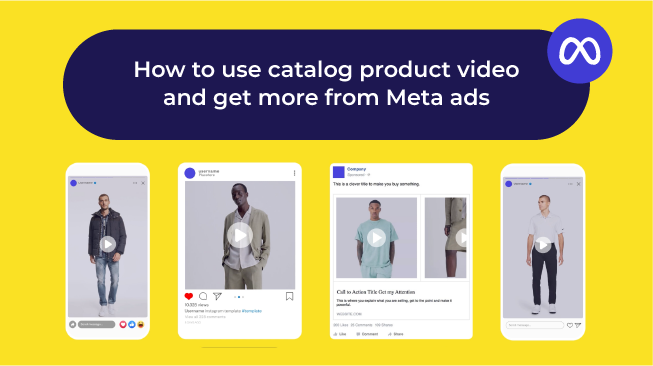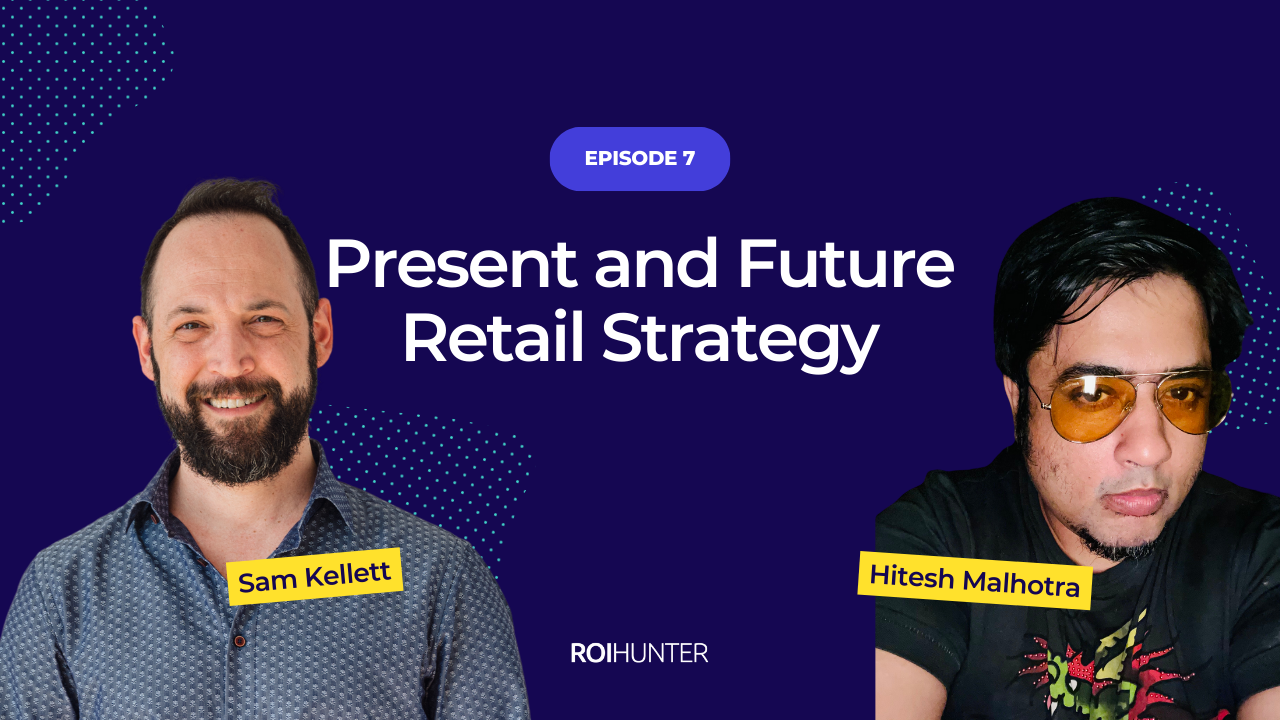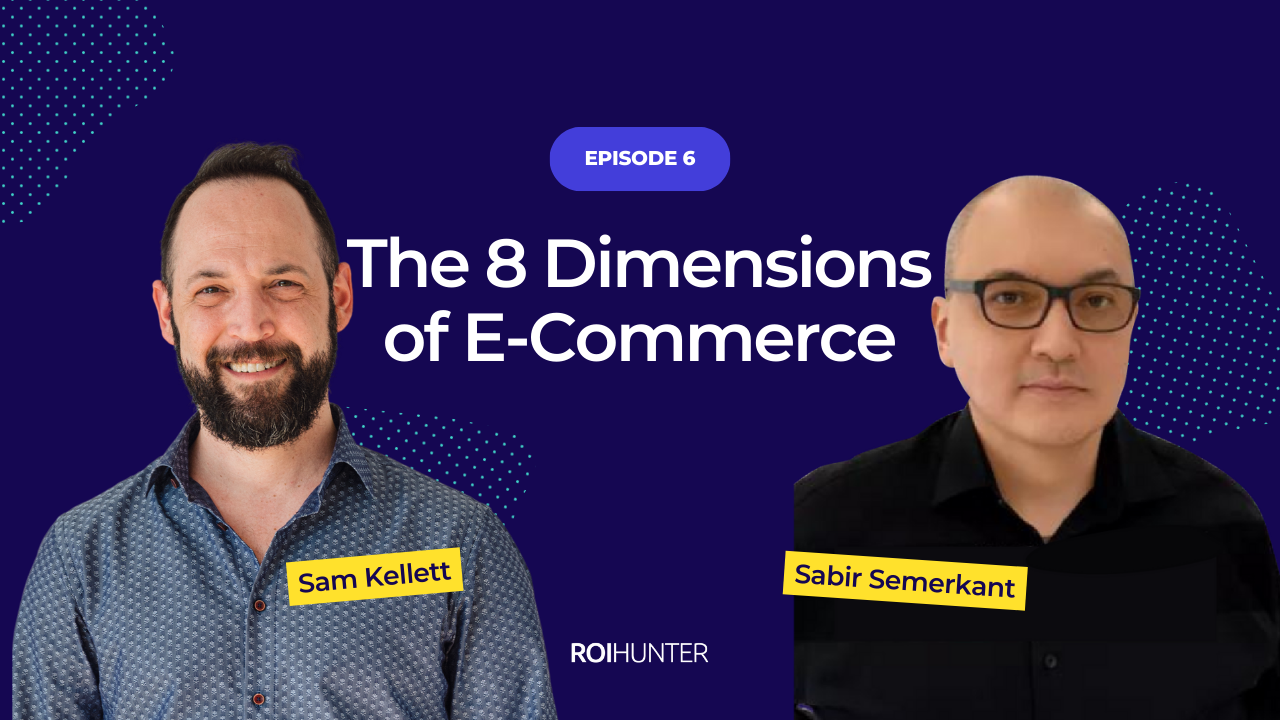TL;DR There are different types of marketing platforms to choose from. We break down the types, pro and cons and other considerations to help you choose the one that is best for you.
Before you pick a marketing platform, it is important to determine the short-term business goals and objectives that you want to reach and the time frame in which you would like to reach them. Of course, these objectives will be based on the available human and financial capital that is available to you at any given time. The following will explore the different types of marketing platforms that you can use to grow your business.
Social Media Marketing Platform/Social Media Management Software
Direct goals: brand awareness, reach, brand building, and engagement
Strategy: Pull
Time frame: Long-term
A social marketing platform will help you to reach the goals listed above. They are designed to scale your social media efforts and assist in increasing client engagement. They will also help you to track and manage mentions or conversations about your brand on and off-site. As a result, wherever and whenever your brand is mentioned, you can either boost positive interest or dissuade negative feedback. SMMs are mainly brand building tools and although they can help you with other marketing goals like sales, for example, there isn’t always a direct correlation with social media management and the sale of your product or service. Some marketers might use social media as a push strategy but users tend to shy away from media pages that only push products on them without offering some other type of benefit.

So, who usually gains from SMMS? Usually, PR firms. This is because they help you with the brand and in the eventuality of a new product or announcement, you will be able to track mentions and public perception. If your main goal is to build a relationship with your customers and are willing to take longer to reach them then a social media marketing platform is right for you.
Digital Advertising Platform
Direct goals: Sales, brand awareness, reach, brand building, and engagement.
Strategy: Push
Time frame: Long and short-term
These kinds of platforms will help you to reach any of the above direct goals. Note that they can also help you with sales. In fact this is usually a main directive. At every stage of the marketing funnel you can lead consumers towards a decision that you would like them to take. Instead of posting something on social media and then monitoring reaction, you can serve relevant content to people that are most likely to appreciate and act on it. With a digital advertising platform, you don’t have to focus on sales alone if you do not want to. Some companies use ads to pull in a new customer base and keep their current base interested with content like fun facts, articles, research and more.
One of the most pertinent benefits of a digital advertising platform is the almost immediate feedback you can get from your campaigns. You can see which ads are running the best and with which target audience. This allows you to alter your strategy quickly. Because most ads are made with the intention of selling, you can also track your ROI easily. You will know which campaign brought the biggest return on investment and scale accordingly.
Some marketers have a problem with the push strategy. However, if you think about it, the advent of super data and the possibilities for segmentation means that you will be able to fine-tune your targeting so that you serve ads to users who are likely to act on the ad. As a matter of fact, on Facebook for example, irrelevant ads will yield a higher cost for advertisers. This forces marketers to be smart with their targeting so as not to annoy users. It’s like matchmaking for the e-commerce age.

The drawback of using a digital advertising platform is that it’s usually not something you just jump into. However, if you have some experience with digital advertising then it is easier to scale your advertising with them.
Checklist
Once you decide on what type of marketing platform you want, you will need to look at the properties of a specific platform and decide which is right for you.
Vertical: Some marketing platforms are better suited for a specific vertical or business structure. Find out if the platform you are interested in is right for your business. A platform that is designed for your specific type of business is likely to yield better results because it will have tools that are optimized for your special needs. If you are an e-commerce for example you will want a platform that has specialized tools to help you meet your business goals.
Integrations: If you already have a system that you cannot do without, then find out if your prospective platform is able to integrate that system for you. We often have to integrate multiple systems for our clients.
Volume: Moving from one platform to another as you grow can take precious time. Depending on how large you want to grow your business, you will want a platform that is able to grow with you. Find a platform that can meet your needs now and in the future.
Support: What kind of support do they provide? Will you have to wait hours, days, weeks to be contacted? Find a platform that provides support that is right for you.
Other considerations
Cost of not having a marketing platform. It can be easy to dismiss the need for a marketing platform. After all, other businesses have managed without one and maybe you can too. The truth, however, is that consumer behavior is ever changing. We now have a lot more data to discern trends in behavior. A marketing platform will help you to utilize your current customer database and even the behavior of customers in markets that you want to enter. It can be a heavy opportunity cost not to utilize one. You don’t want to be the Blockbuster of your industry because of an unwillingness to adapt to the times and consumer behavior. Sit down, do the research and find out what it best for you.
Find the right platform for you. Check out our product page or sign up for a demo to see if we fit your needs.




